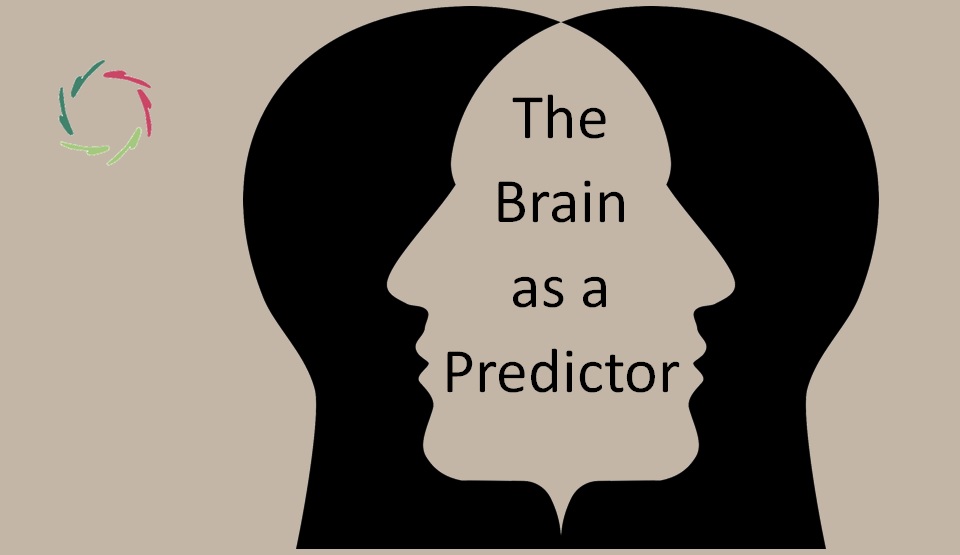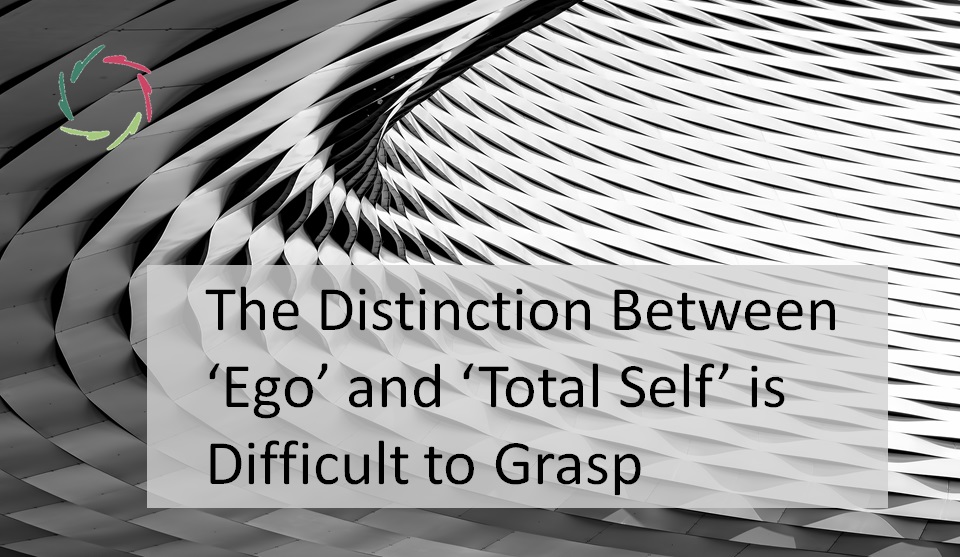The Brain as a Predictor

Contrary to the impression that the brain runs behind its environment, passively capturing, then trying to influence it, the brain works much more as a predictor, using input from the environment mainly as feedback to its predictions.
Please read: [see: “Patterns in Neurophysiology“]
Brainy patterns ― Pattern Recognition and Completion (PRC)
A neuronal/mental pattern is a kind of prediction machine by itself. If part of it is activated, the rest also tends to become activated. [see: “Your Mind-Brain, a Giant Pattern Recognizer”] Otherwise said, the part predicts the whole. Moreover, patterns that overlap with other patterns tend to heighten the latter’s chances to become fully activated, and so on, forming a stream of non-conscious pattern activations. [see: “The Stream of Non-Consciousness”] This way, whole sequences of events may repeat themselves. People like to encounter each other in these sequences ― more or less.
The brain as a giant pattern recognizer is also the brain as a giant predictor. Many patterns are more significantly predictive. These are called ‘memory.’
Memories predict the present.
They can be implicit (non-conscious) as well as explicit (conscious). In each case, we perceive the present partly within the present and partly within the past. The past influences our present perceptions. This way, it also predicts our present perceptions.
Furthermore, each time a memory is activated, it changes slightly through new connotations. This way, the predictive brain changes its predictions. This is, we change. We get a bit older and, hopefully, wiser while doing so.
Childhood memories are most predictive.
Memories from early childhood are the basis upon which new memories are built. This way, they are mostly forgotten, but at the same time, they are the ones that are most formative and engrained. They form one’s personality, which cannot easily be changed by merely wanting so.
Using the correct language to communicate with them may make change more feasible. Research point to this, but it needs to be confirmed.
Patterns towards illness
PRC is a general principle. The brain is made this way and cannot always properly distinguish between good and bad outcomes. Thus, the same principle may also lead one into a vicious circle and mental/physical illness, whether or not in combination with a sheer tension between incongruent patterns. [see: “Patterns towards Health and Healing”]
In other words, unfortunately, the brain/mind may predict itself and its owner into illness. That’s the price we pay for the many predictor’s advantages.
One example of physical illness may be a gastric ulcer. The causality battle between ‘stress’ and ‘bacterium’ has led to a Nobel Prize (2005) for the ‘bacterium’ camp. Still, to me, it’s evident that a vicious circle is involved with bacterium, stress, nocebo, local pain (thus negative attention to that spot), and maybe other factors involved. The whole leads to a whirlpool with mental-neuronal patterns and physical factors involved. [see: “H. Pylori”]
Another prime example is the COVID whirlpool. [see: “COVID-Whirlpool”]
Psychotherapy
The predictive nature of PRC clarifies how psychotherapy works in placebo as well as empathy [see: “Mental Change: How it Works”] and why psychotherapeutic modalities don’t (instrumentally). [see: “WHY Psychotherapies Don’t Work”] For the relevance of PRC upon placebo, [see: “Placebo and the Predictive Brain“] .
The mental/neuronal patterns form fundamental reality [see: “Fundamental Reality in Psychology“] underlying constructionism. [see: “Constructionism“]
For an animated video about this ‘underlying reality,’ [see: “Underlying Reality in Psychotherapy and Psycho-Somatics
Conditioning?
The concept of ‘conditioning’ stems from a view that takes the non-conscious as an automaton. Looked upon from the outside, this is a useful metaphor ― to a certain degree. Going deeper, one can see that this ‘automaton’ constitutes immensely complex processing. [see: “The Non-Conscious is No Automaton”] The important distinction lies between complex and complicated [see: “Complex is not Complicated”], otherwise said between a mechanism and an organism. [see: “You Are an Organism, Not a Mechanism.”] Most meaningful in this may be meaningfulness itself. [see: “What Did Pavlov’s Dogs Know?”]
As a metaphor, the concept of conditioning is helpful and points to a predictive nature. For instance, the salivation of Pavlov’s dogs can be predicted, as can be the higher chance that you, dear reader, are a bit salivating right now just by thinking of it. With a sensitive instrument, it could be discerned. Also, in your brain, with sensitive enough instruments, salivation patterns can be detected ― and yet no bell is ringing.
In my view, treating the non-conscious as an automaton is seldom the ideal way. Therefore, I am cautious with conditioning, preferring the more gentle way that I see in autosuggestion.
Autosuggestion as prediction
Combined with a profoundly ethical stance, we’re at AURELIS.
No magic. No esoteric stuff. Only rationality and human depth. [see: “AURELIS USP: ‘100% Rationality, 100% Depth’“]
The aim is to let the brain-mind form itself from the inside out towards predicting a goal that has been consciously set, such as quitting smoking, pain relief, diminishment of depression.
This aim is a combined goal of growth and relief of suffering, taking into account subconceptual processing. This is Compassion. [see: “Two-Sided Compassion“]


